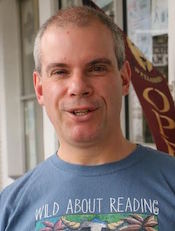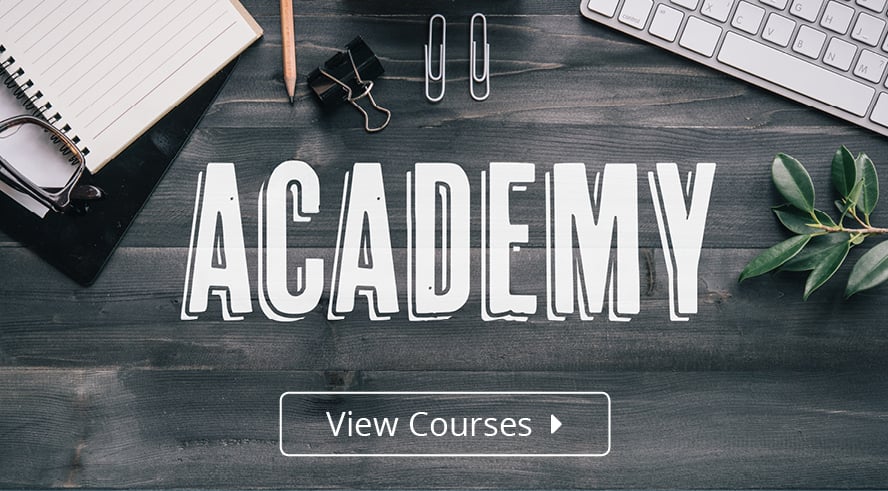I own an independent bookstore, and I hear a lot of pitches from a lot of writers, and most of them aren't very good. In addition to working in my bookstore, I'm also an indie author. This gives me a unique insight from both sides of the pitch.
Know Your Audience
When I ask you who your demographic is, and you reply, "My book is for everyone," you're wrong. As an independent bookseller, I need to know if a book is going to meet the needs of my customers. I have to be able to sell it, and that means knowing who is most likely to read it. Writers want to be embraced by the masses, but that's just not realistic. You have to start with your true audience first. I too wanted everyone to read my books, however, I had to focus if I wanted to get my book into readers' hands. I chose to write specifically for reluctant readers.
In my experience, many boys don't enjoy reading. I've observed that if boys don't embrace reading around second grade, they start to fall behind their peers. I believe it's never too late to create a reader, but why wait? You already write what you know. Now, use what you know to find your audience.
Craft Your Pitch
Do you know who wants to read your book? I'll tell you. No one does, at least, they don't know they do until you tell them why they should. People are busy. As a bookseller, I'm busy. I want to be able to sell your book. I need to know I can. I need to know quickly. Here's what you do: the elevator pitch. Reduce your pitch to its simplest form and make sure it's:
- Clear
- Interesting
- Direct
Your pitch should introduce your story idea and define your angle. Now's the time to show why your book is timely, unique, important, and of interest to readers. You don't turn in a rough draft for a final product. Practice your pitch and be ready when the time comes to share it with a bookseller. You care about your book. Make me care.
Have a One Sheet
One sheets are a great way to present the most important parts about your book and you as an author to a bookseller. Have one ready to hand out with your contact information, author photo, author bio, book awards, and book information. Make it fun. You are your author brand.
Give it to the bookseller if you meet in person or email it in a follow-up to a phone conversation. I have mine downloadable at my author website. If you call, be polite, ask if they have time to speak right now. My customers come first, as do the customers of all independent booksellers, so be respectful of that fact.
Be Available
Do you know what a bookseller wants to hear? Where your book is available. Don't mention online retailers, especially not Amazon. We want to know the wholesaler. What's the discount to bookstores? What's the cover price? Are you willing to do a book signing? I feel the best way for a lesser known author to sell his or her book is still face-to-face.
I believe a great story knows no boundaries. I hand sell Name of the Wind to people who would never read fantasy. Both boys and girls enjoy the children's series I wrote. The Hunger Games escaped the bonds of the young adult genre. Your book can be for many more people than you could ever hope, but first you have to focus. You have to get the ideal audience for your book to get behind it and then word can spread to other potential markets.
Define your audience. Refine your pitch. Communicate who will read your book and why. You are already in love with your book. Make me fall in love, and I'll read it, or at least sell it.












